
Discussion session of the Hanoi National Assembly Delegation on November 17. Photo: Quochoi.vn
Reducing waste with the book lending model - electronic textbook research
Discussing at Group 1 ( National Assembly Delegation of Hanoi City), National Assembly delegate Duong Minh Anh stated that if students are given a new set of textbooks for free each year and then left behind, it would be a huge waste. The delegate said that it is necessary to recalculate the form of support, switching to letting students borrow books from the school library instead of providing new ones every year.
From this issue, National Assembly delegate Duong Minh Anh proposed that the Government assign the Ministry of Education and Training to research and compile a set of electronic textbooks, to be implemented according to the roadmap until 2030. According to the delegate, switching to an electronic model is not only in line with the comprehensive digital transformation orientation but also helps narrow the gap between regions in access to technology.
National Assembly delegate Duong Minh Anh said that the initial investment costs for digital infrastructure, appraisal and compilation of e-books will not be small, but in the long run, it will save the budget and reduce the burden of learning costs for parents. This form also helps to significantly reduce the costs of printing, transportation and storage each year.

National Assembly delegate Duong Minh Anh discusses in groups. Photo: Quochoi.vn
In addition, e-textbooks also have the ability to update content quickly, integrate videos, images and interactive exercises, helping students become more interested and easily access learning content anytime, anywhere with an internet connection. According to National Assembly delegate Duong Minh Anh, this is also an opportunity for teachers to improve their information technology capacity and innovate teaching methods to suit the digital environment.
Concerns about the “one standard set of books” model
In his speech, National Assembly delegate Hoang Van Cuong welcomed the resolution's specific orientation of placing education in a decisive position for the country's future. However, the delegate expressed concern about the proposal to assign the Ministry of Education and Training to write and provide a unified set of textbooks for the whole country.
According to National Assembly delegate Hoang Van Cuong, if the management agency both builds the program and compiles the "standard" textbooks, the books will likely become "classic" documents, making teachers and students dependent, thereby limiting new and creative thinking - something that Vietnamese education needs to promote.
National Assembly Delegate Hoang Van Cuong said that the Ministry can provide a common set of books as a learning tool to ensure equal access, but should not impose that as the only set of books.

National Assembly delegate Hoang Van Cuong discusses in groups. Photo: Quochoi.vn
Regarding resources, National Assembly delegate Hoang Van Cuong said that Resolution 71 sets out minimum targets for budget spending on education. However, in this draft resolution, he has not seen specific levels for investment spending or spending on digital transformation.
According to analysis by National Assembly delegate Hoang Van Cuong, most of the sector's regular expenditure is currently spent on salaries, while the teaching staff accounts for about 70% of the people receiving salaries from the budget. This makes resources for investment in improving the quality of teaching and learning almost non-existent. Therefore, the delegate suggested that the resolution must clarify the minimum rates for investment, especially investment in digital transformation in education.
Previously, Minister of Justice Nguyen Hai Ninh presented a report on the draft Resolution of the National Assembly on specific mechanisms and policies to implement Resolution No. 71-NQ/TW dated August 22, 2025 of the Politburo on breakthroughs in education and training development. According to Minister of Justice Nguyen Hai Ninh, the new Resolution will create a superior legal corridor, remove bottlenecks in institutions, human resources, finance and governance, thereby effectively mobilizing resources, promoting university autonomy and improving the quality of human resource training, especially in strategic technology fields.
The draft focuses on six major policy groups, including education human resource development; innovation in education programs and mechanisms; digital transformation; international integration; finance and investment. The highlights are the proposal to provide free textbooks for high school students by 2030; exempt tuition fees and curriculum for National Defense and Security Education; and allow for strong development of digital transformation and smart education platforms...







![[Photo] General Secretary To Lam and National Assembly Chairman Tran Thanh Man attend the 80th Anniversary of the Traditional Day of the Vietnamese Inspection Sector](https://vphoto.vietnam.vn/thumb/1200x675/vietnam/resource/IMAGE/2025/11/17/1763356362984_a2-bnd-7940-3561-jpg.webp)






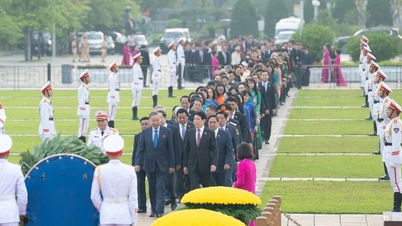

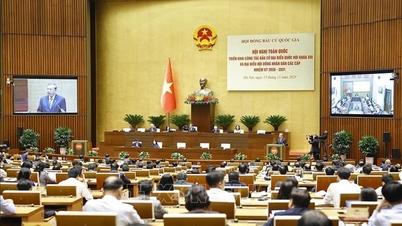

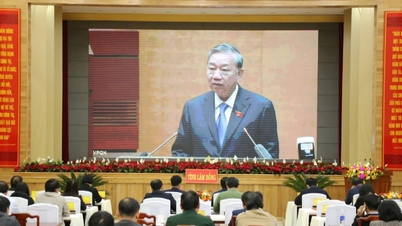


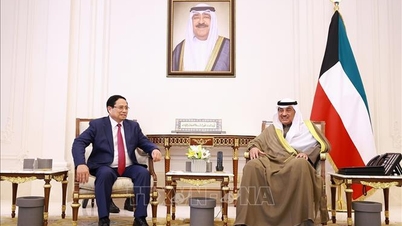
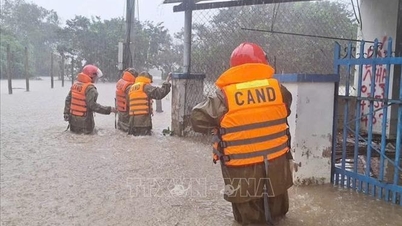
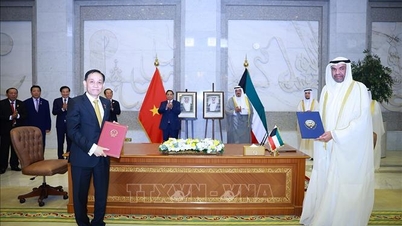
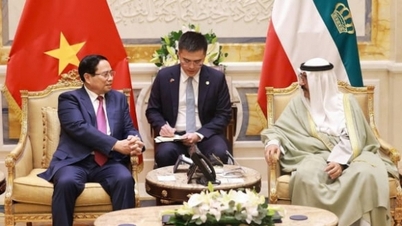






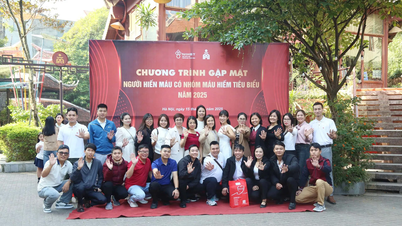
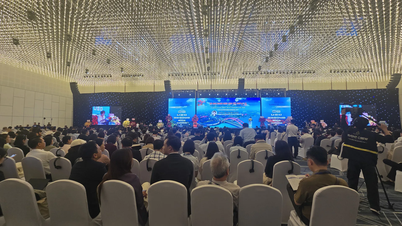
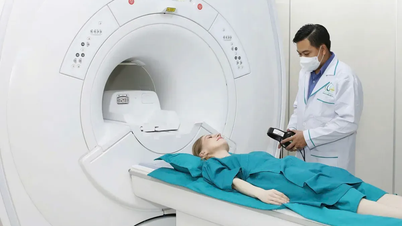

























































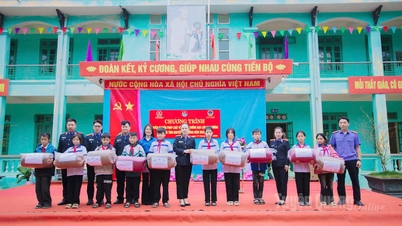






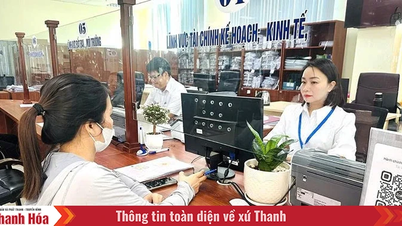












Comment (0)